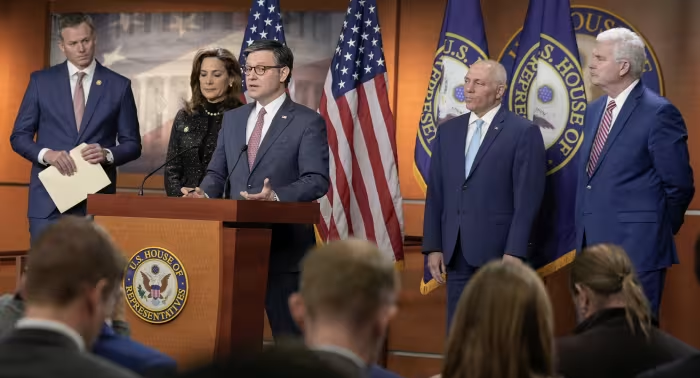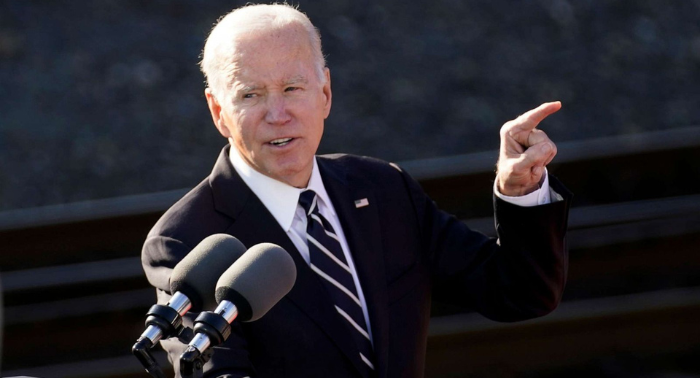House Republicans are preparing to revisit legislation on Friday to extend a key national security surveillance program after a previous attempt was thwarted by a conservative revolt earlier in the week. Speaker Mike Johnson is poised to introduce an alternative plan that would temporarily renew Section 702 of the Foreign Intelligence Surveillance Act for two years, rather than the originally proposed five, hoping this compromise will appease dissenting GOP members.
Johnson expressed optimism about overcoming procedural hurdles to bring the legislation to a vote, acknowledging the broad recognition of the program’s importance for national security. “We’re going to try to find a way to unlock the rule. And I think it’s possible,” he stated.
This shorter extension has garnered tentative support from some previous dissenters, including Rep. Chip Roy of Texas, who appreciated the limited timeframe. “The two-year timeframe is a much better landing spot because it gives us two years to see if any of this works rather than kicking it out five years,” Roy explained.
The legislation allows the U.S. government to collect foreign intelligence by monitoring the communications of non-Americans located outside the United States without a warrant. While intended to target non-Americans, the program also incidentally collects communications involving Americans, leading to significant privacy concerns and calls for reform.
To address these concerns, Johnson plans to propose additional reforms next week, including closing a loophole that currently permits data collection on Americans from large tech companies without a warrant.
Despite efforts to modify the bill to ensure greater privacy protections, opposition remains strong among members of the House Freedom Caucus and other critics who argue that the changes do not sufficiently protect civil liberties. The program’s reauthorization is further complicated by Democratic reluctance to assist in breaking the legislative deadlock.
Section 702 is scheduled to expire on April 19, though the Biden administration believes it can continue to operate the program for another year under a recent court ruling. However, they stress that this is not a substitute for formal congressional authorization, which is necessary to ensure continued cooperation from communication companies.
Originally passed in 2008, this surveillance tool is deemed essential by U.S. officials for preventing terrorist attacks, cyber threats, and foreign espionage. Despite its importance, the program’s renewal has consistently faced strong bipartisan opposition, fueled by recent abuses, including inappropriate FBI searches of the data for information about Americans.
These incidents have intensified calls for stricter oversight of the program, with some lawmakers and civil liberties advocates demanding that the FBI obtain a warrant before accessing information about Americans within the data. FBI Director Chris Wray, however, has argued that such a requirement would severely hinder the program’s effectiveness and is unnecessary since the data is already lawfully collected.



